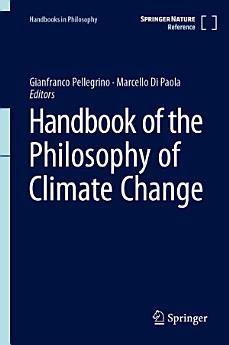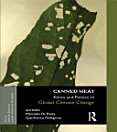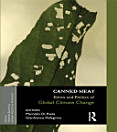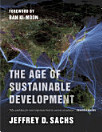Handbook of the Philosophy of Climate Change
About this ebook
The discussion about climate change andthe mitigation/adaptation policies spans many areas and levels – from abstract science and philosophy to current on-the-ground politics. However, climate change is also a great a philosophical puzzle. Indeed, its existential and practical relevance can be thought to largely derive from the philosophical complications it engenders. Climate change is applied philosophy par excellence. Preventing dangerous anthropogenic climate change needs very good philosophy applied to concrete and specific practical issues. Climate change is an area where scholars from very different provenances should cooperate on equal terms, having in view a common, and really important, purpose – contribute to preventing great burdens and even the extinction of humankind and the destruction of hospitable and valuable non-human nature.
About the author
Gianfranco Pellegrino is an Associate Professor at LUISS Guido Carli Rome, where he teaches Political Philosophy. His interests are in the history of political thought (mainly Jeremy Bentham and Henry Sidgwick), distributive justice theories, migration, and environmental ethics. He wrote on global justice, the ethics of climate change and the Anthropocene. Among his publications: “Sidgwick and the Many Guises of the Good”, Philosophical Explorations, 2021; “Robust Responsibility for Climate Harms”, Ethical Theory and Moral Practice, 2018, “Climate Refugees: A Case for Protection”, in G. Pellegrino e M. Di Paola, eds, Canned Heat. Theoretical and Practical Challenges of Global Climate Change, London/Delhi: Routledge, 2014.
Marcello Di Paola is Assistant Professor of Philosophy at the Department of Humanities at the University of Palermo. He works in environmental philosophy, particularly climate change, the Anthropocene, and the philosophy of plants. He writes on ethics, aesthetics, political theory, and the history of philosophy. Among his publications are Ethics and Politics of the Built Environment. Gardens of the Anthropocene (Springer, 2017) and the co-edited volume Plant Ethics: Concepts and Applications (Routledge, 2018).






